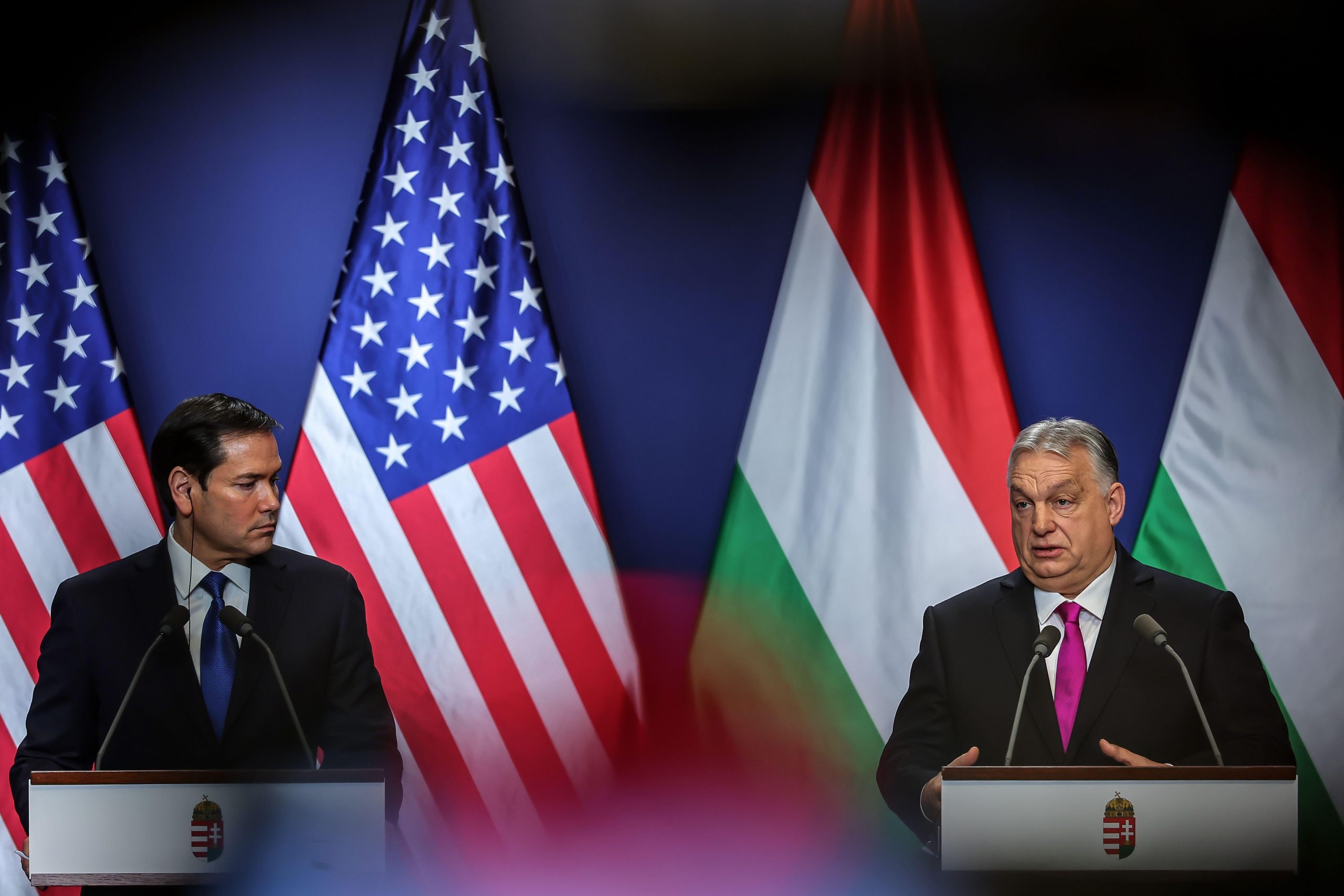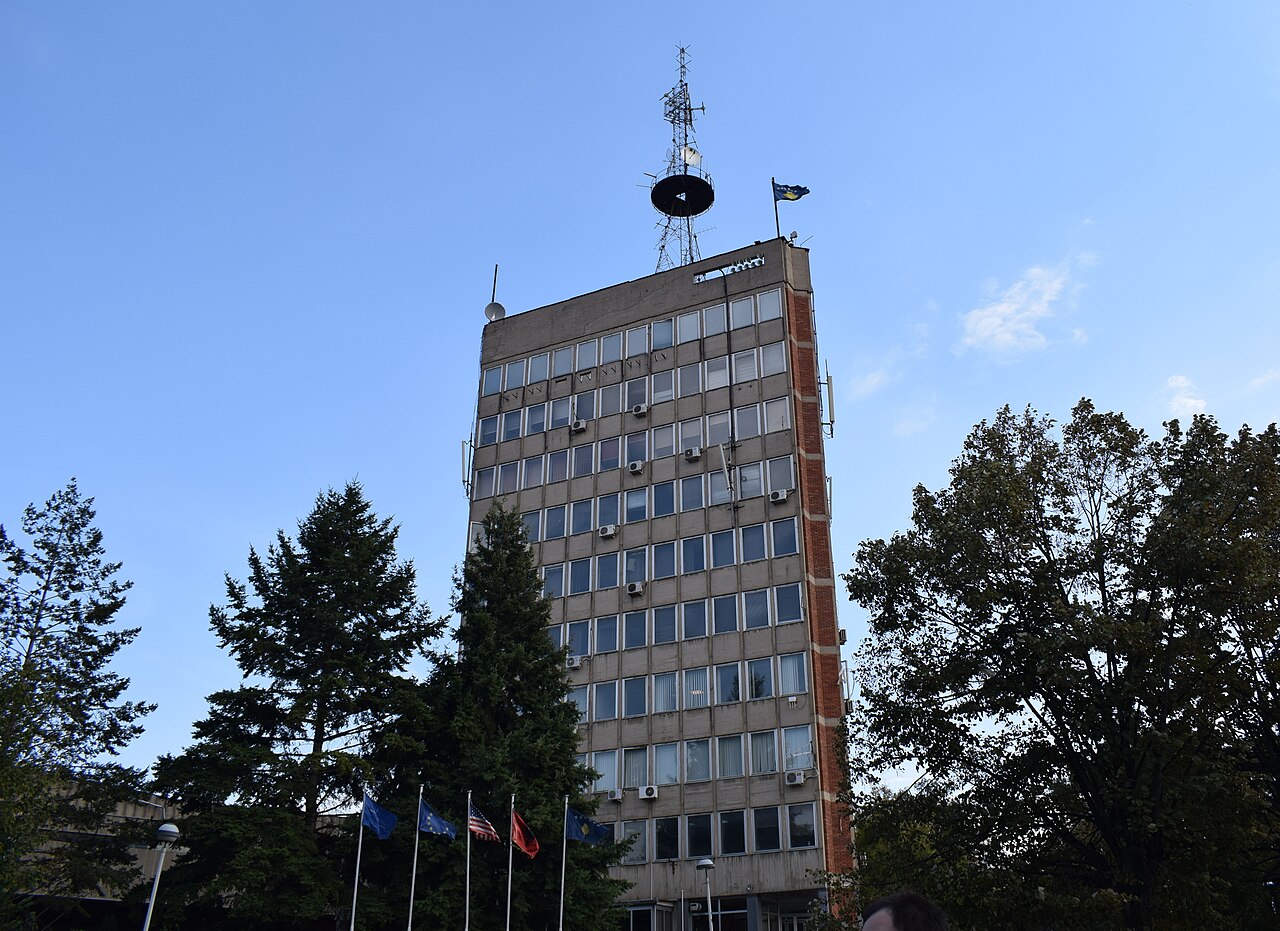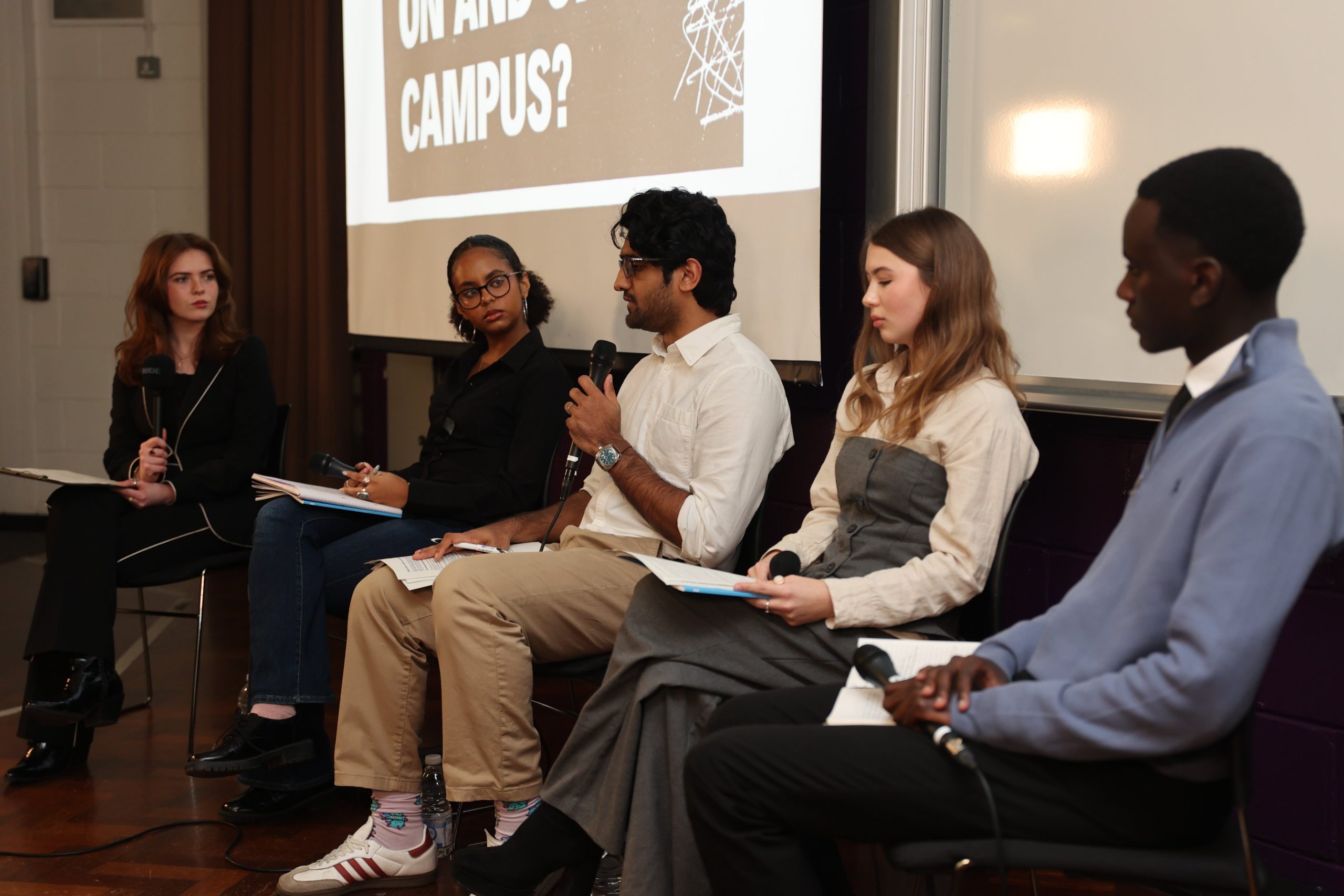Under a new set of strict media regulations, all Ugandan broadcasting houses will be required make at least one hour a week fully available for government agents, ministries and other state entities to explain government programs and policies to the public. This will take place on a day chosen by the government, during prime time — defined as anytime between 6am and 10am, or 6pm and 10pm — when listenership and viewership is at its highest.
Authorities from relevant ministries will determine the topic to be discussed, and will also determine the content and questions to be asked by moderators. The government time be will strictly in the form of talk shows, and not just news items. The stations will be obliged to advertise the program three days in advance at their own cost.
The new rules also require radio stations to use live feeds from national broadcaster UBC to give live coverage to national events and the president’s state of the nation address, as well as his speeches on the budget, and Independence and Women’s day. Government officials will also be charged for neglect of duty if they fail to appear on radio or TV to defend government programs. Simon Mayende, the director for information at the Office of the Prime Minister, revealed that the guidelines will be reviewed every six months and that “depending on the circumstances we can relax on them or make them more stringent”.
Mayende presented these new guidelines to the members of the National Association of Broadcasters. “These are rules we have had enough consultations about and have been agreed upon between us and broadcasters and other stakeholders. We have had consultative meetings from across the country,” he said, adding that they don’t expect any of the country’s 250 radio stations or any of its TV stations to disregard the regulations.
Minister for Information Rosemary Namayanja labelled it a good deal because it will help radio and TV meet the Uganda Communications Commission (UCC) requirement to devote 70% of airtime to local content. UCC boss Godfrey Mutabazi said this is nothing new, as even international outlets like CNN and Sky News often find themselves required by the government to devote prime airtime to covering government and national interest stories.
However, civil society and other activists have criticised the move. Executive Director of African Centre for Media Excellence (ACME) Dr Peter Mwesige said that this is total abuse by the government: “Government already has its state media outlets which they have failed to manage optimally, and they are now invading private stations.”
This comes at a time when Minister for the Presidency Frank Tumwebaze, is drafting a Patriotism Bill that will make it mandatory for all Ugandans to love and defend their country. The new broadcasting guidelines are in line with the proposed bill.
This article was published on March 26, 2014 at indexoncensorship.org





